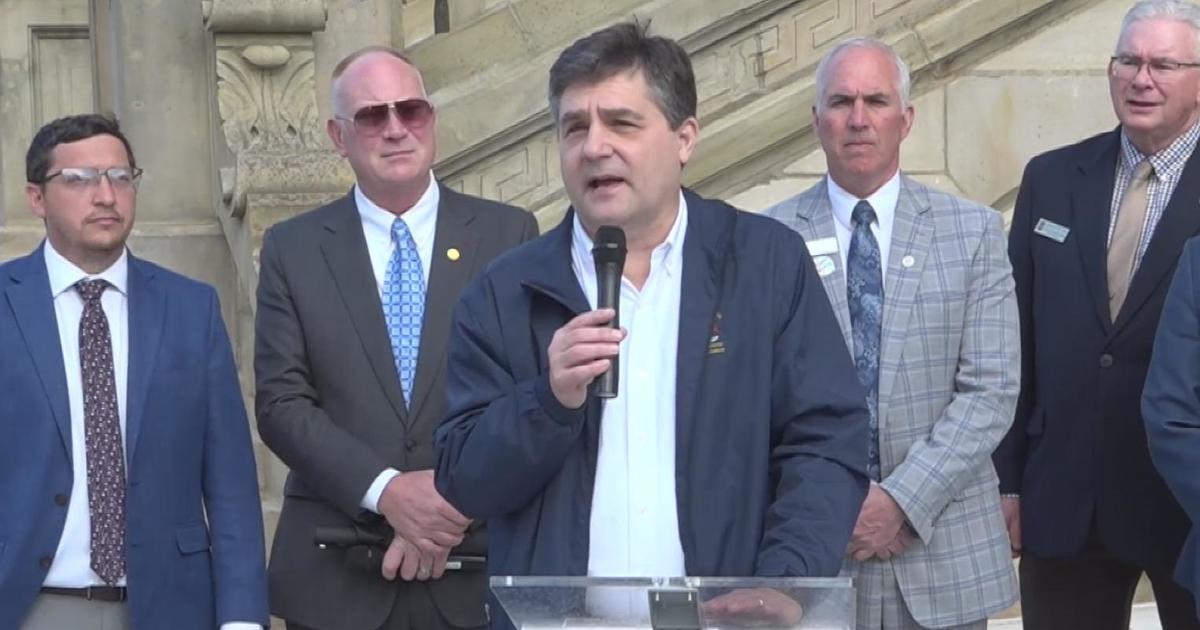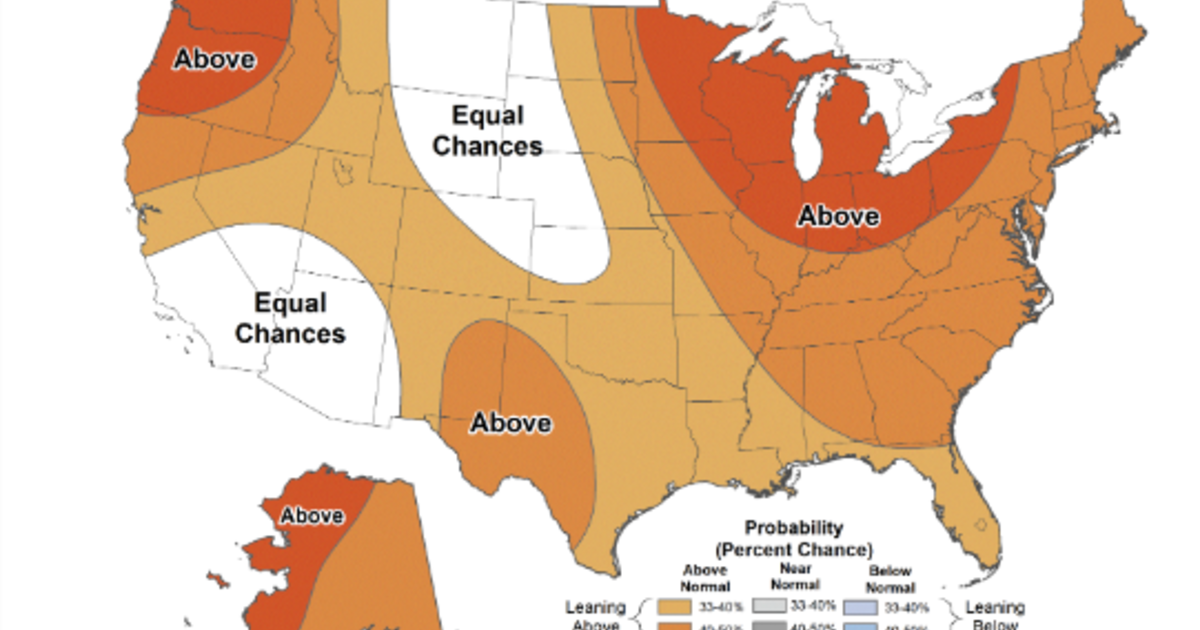What Does the $1 Trillion Infrastructure Law Mean For Michigan
LANSING, Mich. (CBS Detroit) -- Shortly after President Joe Biden signed a $1 trillion bipartisan infrastructure package on Monday, Michigan Gov. Gretchen Whitmer said the bill "will lead to the biggest infrastructure investment in American history."
Formally known as the Infrastructure Investment and Jobs Act, legislation will deliver $550 billion of new federal investments in the United State's infrastructure over five years, including money for roads, bridges, mass transit, rail, airports, ports, and waterways. It first passed by the Senate in a 69-30 vote in August, was ultimately passed by the House, including 13 Republican lawmakers, on Nov. 5.
The spending law includes billions of dollars for Michigan, including fixing roads, replacing lead water pipes, and expanding access to high-speed internet and electric vehicle charging stations.
"I cannot wait to put the billions of dollars that we will get under this plan to work in Michigan as we stay laser-focused on putting Michiganders first, growing our economy, creating jobs, and driving down costs," Whitmer said in a statement. "The investments that we will be able to make with this plan will help keep drivers safe on the road, and ensure our roads get fixed using the right mix and materials so they stay fixed. It will make a huge difference in people's lives and invest in every community across Michigan. I look forward to working with anyone as we start moving dirt and building on the work that we have already done on Michigan roads, bridges, pipes, high-speed internet, and electric vehicle chargers."
State officials say the aid must go to specific priorities, though the Republican-led Legislature and Democratic governor will decide which projects to fund. The state and municipalities also will be able to apply to the federal government for competitive grants.
What Michigan will receive:
Roads
— $7.2 billion in core federal highway program funding over five years, a $340 million — or 30% — annual increase. While road and bridgework is primarily funded with state fuel taxes and vehicle registration fees, aid from the federal gas tax accounts for 28% of Michigan's transportation budget.
"We're going to split that between MDOT and the local (road) agencies," state transportation director Paul Ajegba said, noting that Whitmer previously authorized $3.5 billion in borrowing focused mostly on improving state-owned highways. "We think with this additional money, we can start tackling some of the issues in our trunk lines in the inner cities."
Bridges
— $563 million, or an additional $113 million a year, under a new program to replace or repair bridges.
Transit
— $1 billion for public transit. That is $47 million more annually, a 30% boost.
Water
— $1.3 billion to address aging water infrastructure, including replacing lead service lines and addressing groundwater contamination from "forever chemicals" known as PFAS. It was not immediately clear how much could be spent to swap out the pipes that can lead to elevated lead levels in a community's drinking water if the supply is not properly treated like in Flint and Benton Harbor. Michigan has an estimated 460,000 such lines that generally must be replaced over 20 years.
EV Stations
— $110M to expand the charging network for electric vehicles. The auto industry has committed to producing electric vehicles for as much as half of U.S. sales by the end of the decade.
"If someone's going to be making that next generation of cars, I want it to be us. Part of dealing with that is range anxiety that the average buyer feels because they don't know that they can drive up north and successfully charge up," Slotkin said.
Internet
— At least $100 million to bring high-speed internet to more rural areas that lack adequate broadband infrastructure. Democratic U.S. Sen. Gary Peters has said about 400,000 residents lack access. Roughly 2.5 million low-income people will be eligible for a subsidy to make it more affordable.
Climate Change
— $304 million to adapt to and mitigate the effects of climate change on roads and other parts of the transportation network.
© 2021 CBS Broadcasting Inc. All Rights Reserved. This material may not be published, broadcast, rewritten, or redistributed.



